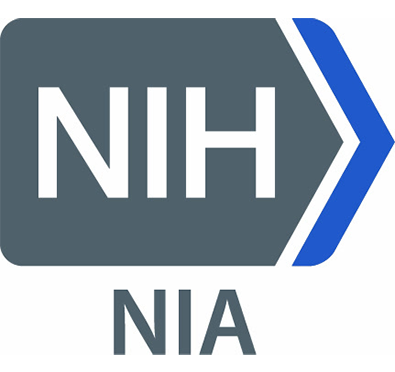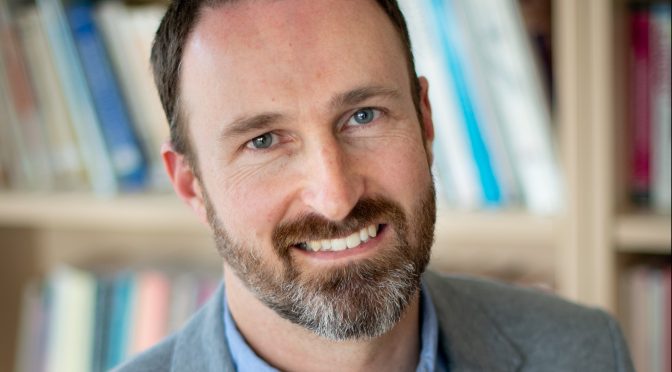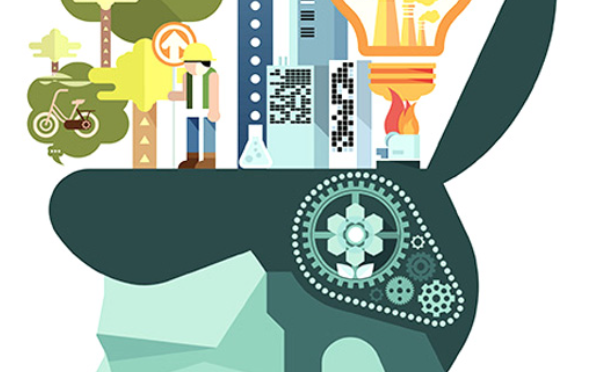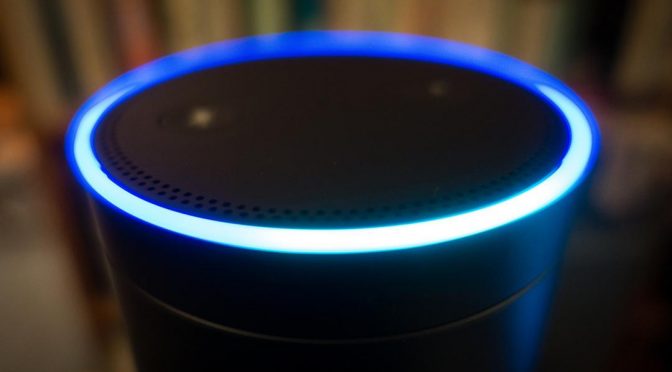“Mindfulness” is touted as a cure-all for many modern ills, from stress and pain to depression.
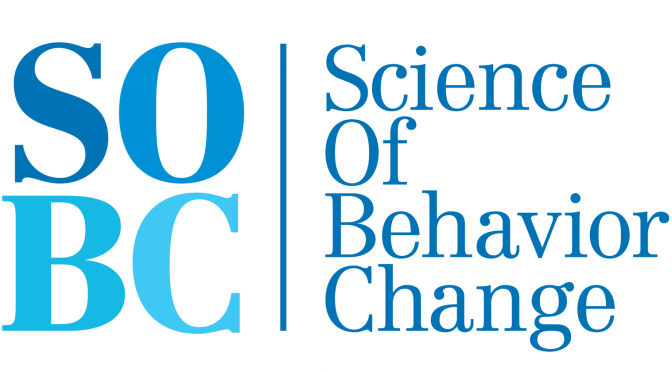
SOBC Invited by HIV Center NYC, Gives a Seminar on Mechanism-Focused Behavioral Science: From Theory Selection to Study Design and Implementation
Dr. Talea Cornelius, Ph.D. MSW, MS, and Dr. Jeffrey Birk, Ph.D. MS at the Research and Coordination Center of SOBC gives a virtual seminar on the SOBC experimental method for behavioral science, providing tools to foster behavioral science and a master class on designing an SOBC method study.
